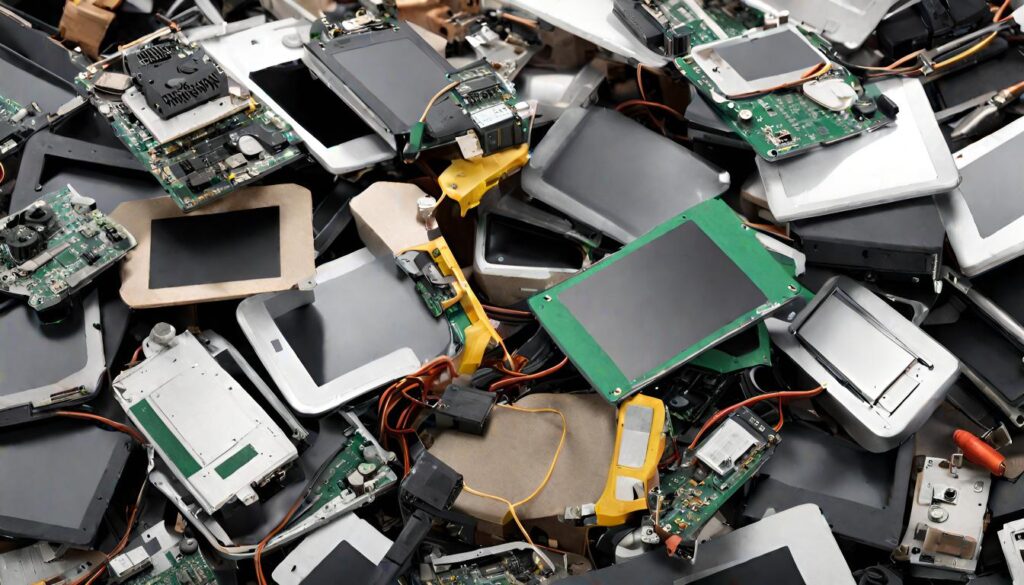Edit Content
Get in touch
Lorem ipsum dolor sit amet constute emire. Email us: [email protected]
Talk to us
Office
Paradise Road 70, Office 99, Pacific Bay, New York City 10010
Help
Visit Help Center
Lorem ipsum dolor sit amet constute emire. Email us: [email protected]
Paradise Road 70, Office 99, Pacific Bay, New York City 10010
Visit Help Center
Technology’s Responsibility
In today’s rapidly advancing technological landscape, electronic devices have become an integral part of our lives. However, the swift progress in technology has also led to an increase in electronic waste. Old computers, mobile phones, televisions, and other electronic devices often contribute to landfill waste, causing harm to the environment. To address this issue effectively, it has become essential to recycle and recover electronic waste efficiently.
Electronic waste poses serious risks to the environment and human health due to the toxic substances and heavy metals it contains. Elements such as lead, mercury, cadmium, and others, when released into the environment, can lead to soil, water, and air pollution. The leakage of these substances has the potential to decrease biodiversity, pollute water sources, and pose health risks to humans.
The recycling process of electronic waste is complex but involves an effective system. The initial step is the collection and classification of waste. During this stage, components that can be recycled are separated, and parts containing toxic substances are safely processed. Following this, specialized technologies are used for the recovery of components and the separation of materials. Valuable metals, plastics, and other materials are processed separately, making them reusable.
DEMCORE Technology plays a pioneering role in the responsible management and sustainable recycling of electronic waste. Since 2011, our company has been developing and implementing recycling technologies for electronic waste, catalytic converter waste, lithium-ion batteries, and other critical raw materials. These efforts not only support environmental sustainability but also yield economic gains.


Recycling and recovering electronic waste are crucial not only for the environment and human health but also economically. This process represents a critical step in acknowledging the responsibility that comes with technology and leaving a clean environment for future generations. Each of us should take responsibility for conscious consumption and proper management of electronic waste. This effort is one of the significant steps toward a more sustainable world.
Vadi Istanbul Bilisim Vadisi Teknopark Blok Kat :2 – Sarıyer / ISTANBUL
Koseler Mahallesi 3. Cadde No:39 Dilovasi / KOCAELI
Copyright © 2024 Demcore Technology. All rights reserved.